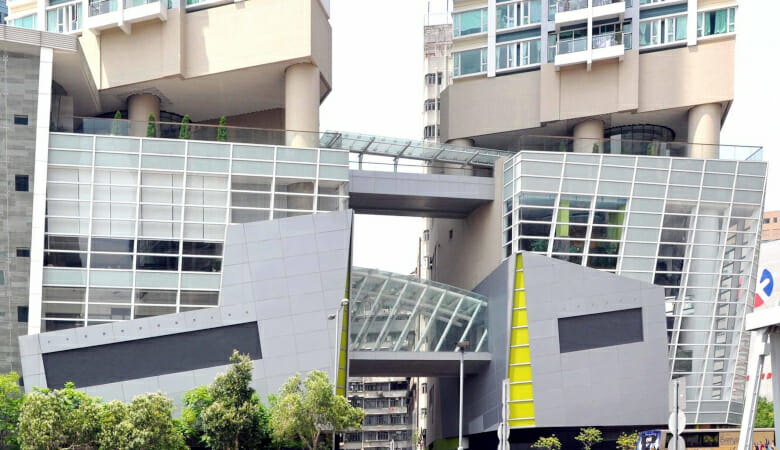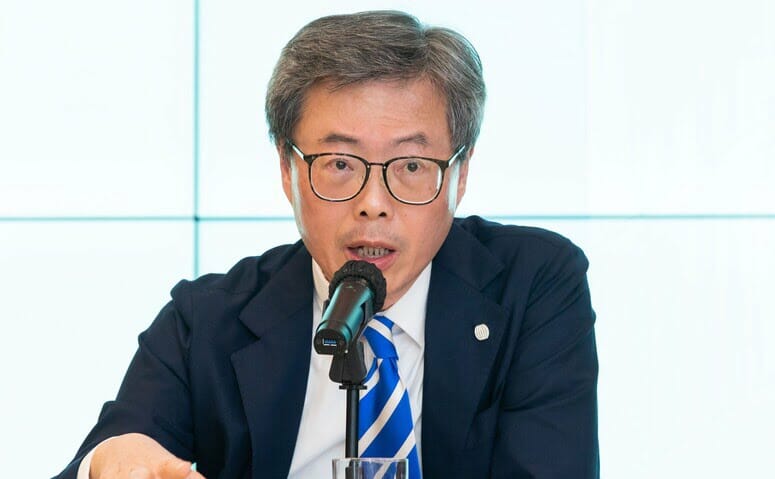
Retail deals, like the sale of West 9 Zone Kids mall, made up the bulk of first-half investment volume
Rising interest rates and a waning economic recovery in China weighed on Hong Kong’s residential, investment and land markets in the first half of the year, but the retail sector picked up notably after the February border reopening, according to JLL.
Total retail sales in the city saw 21 percent year-on-year growth in the first five months of 2023, the consultancy said in a mid-year review. Leasing activity accelerated, particularly in core shopping districts, dropping the vacancy rate at high-street shops from 16.6 percent at the end of last December to 13.7 percent at the end of June.

While rents at prime shopping centres rose 1.1 percent year-on-year in the first half, Oliver Tong, head of retail for Hong Kong at JLL, noted that 4 million square feet (371,612 square metres) of new retail supply is due for completion by year-end, all in non-core shopping areas.
“While the abundant new supply could translate into some vacancy pressure to shopping centres, it is high time that landlords should adopt flexible leasing strategies to boost pre-commitment and establish competitive edges to attract shoppers by enriching tenant mix and by repositioning,” Tong said in a release.
Residential Values Mixed
Mass residential capital values fell 1.2 percent in the second quarter compared with the prior three months after rebounding 4 percent in the first quarter, reflecting higher mortgage rates, ample new housing supply and the absence of mainland Chinese buyers, JLL said.

JLL Hong Kong chairman Joseph Tsang wants the government to stop tying mortgage lenders’ hands
The luxury residential segment fared better as its capital values climbed 1.3 percent over the last six months, while transaction volume for properties valued at or above HK$20 million surged 96.6 percent in the first half as pent-up demand was unleashed and new supply increased.
JLL Hong Kong chairman Joseph Tsang said the local housing market is experiencing the longest price adjustment since 2008 and has not found a bottom.
“Based on observations from previous cycles, current conditions do not warrant a sustainable home price recovery,” Tsang said. “Given the headwinds surrounding the sector, such as the challenging external environment and looming risks in the financial market, the current down cycle will be longer than previous troughs.”
He recommended the government remove cooling measures, particularly on stamp duties, and scrap the mortgage stress test to give banks flexibility to assess loan risk.
Capital Market Conservatism
JLL said investors were “conservative” towards Hong Kong property investment in the first half amid heightened financing costs.
Sales of retail properties saw a mild pickup and accounted for 43.5 percent of all commercial property investment in the January-June period, while the rest of the commercial property sectors shrank.
In addition, several government sites were sold at lower-than-expected prices or withdrawn from the public tender in financial 2022-23. The portion of land revenue dropped to 11.3 percent in the financial year that ended on 31 March, compared with 20.6 percent the previous year.

Alkan Au, senior director of value and risk advisory at JLL in Hong Kong, said a significant contraction in land revenue would mean less funding available to meet the rising construction costs of major infrastructure projects.
“The expected completion of the transportation infrastructures, which are keys to the mega developments such as the Northern Metropolis and the Kau Yi Chau Artificial Island, could be adversely affected,” Au said.
>>> Read full article>>>
Copyright for syndicated content belongs to the linked Source : MingTiandi – https://www.mingtiandi.com/real-estate/research-policy/hong-kong-real-estate-market-slowed-in-2023-1h/










